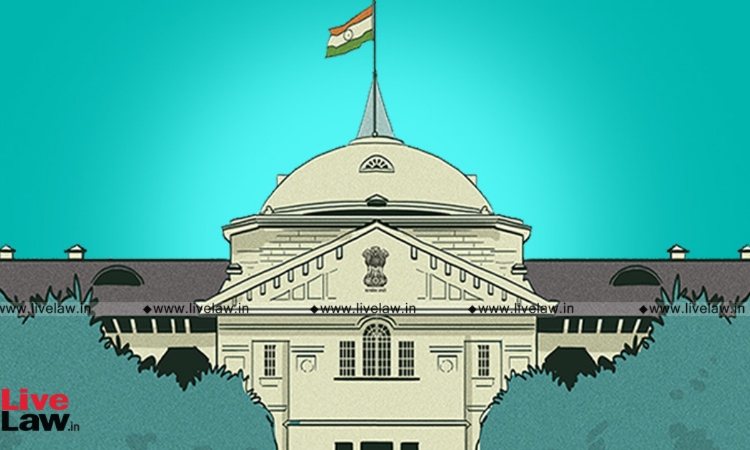Income Tax Authority Cannot Dissect An Otherwise Indivisible Contract In Absence Of Legal Provision: Allahabad High Court
Upasna Agrawal
30 Nov 2023 10:50 AM IST

Next Story
30 Nov 2023 10:50 AM IST
The Allahabad High Court has held that an otherwise indivisible contract cannot be dissected by the authorities under the Income Tax Act, in absence of any legal provision allowing such dissection.Agreeing with the principals laid down by the Punjab and Haryana High Court and Karnataka High Court in Pr. Commissioner of Income Tax, TDS-II, Chandigarh Vs. The Senior Manager (Finance), Bharat...
